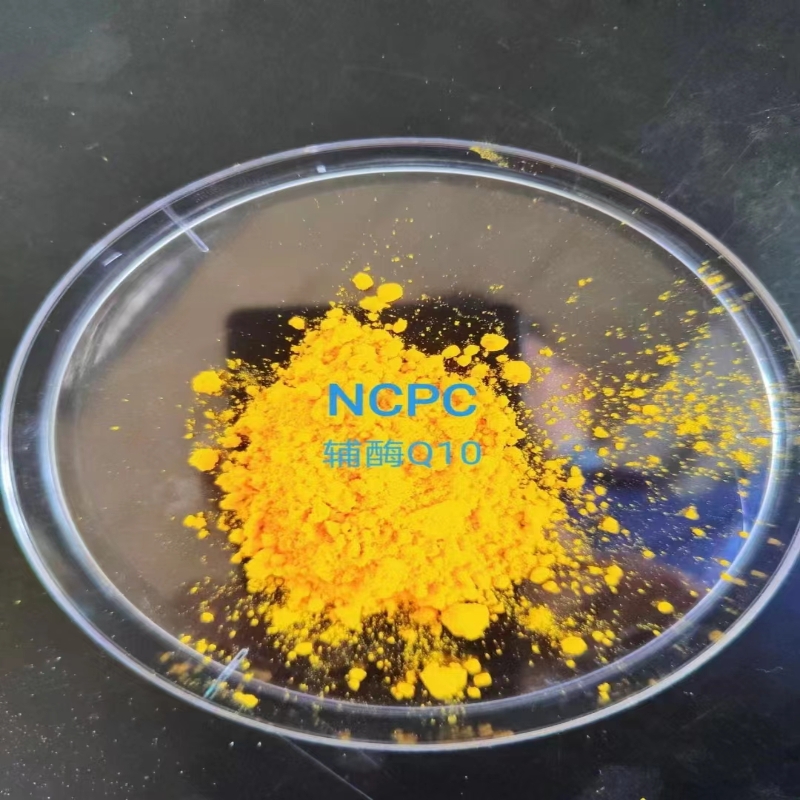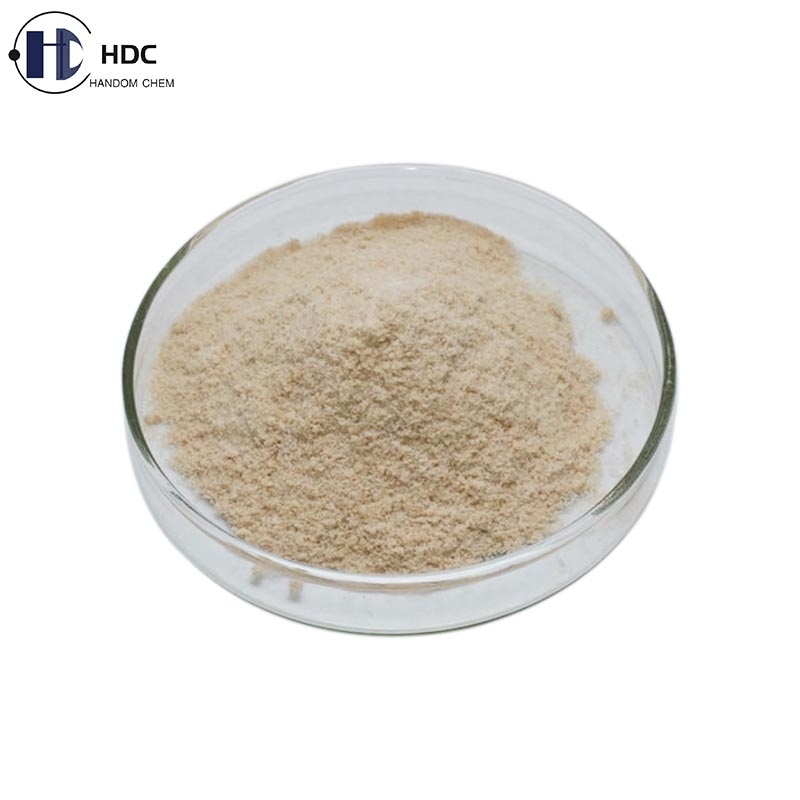Nature Communications: can coenzyme Q10 really resist oxidation? Not necessarily!
-
Last Update: 2015-03-07
-
Source: Internet
-
Author: User
Search more information of high quality chemicals, good prices and reliable suppliers, visit
www.echemi.com
March 7, 2015 / BIOON / -- ubiquinone - what don't you know? So you should know coenzyme Q10 by another name, right? As the most popular dietary supplement and cosmetic additive, it is widely considered as an antioxidant and can protect cells from free radicals But a new study by scientists at McGill University found that ubiquinone is not a key antioxidant, so it does not provide any benefits to the body when taken by normal people The results were published in nature communications on March 6 by a team of Professor Siegfried hekimi, Department of biology, McGill University Ubiquinone is a kind of lipid like substance, which naturally exists in all the body cells Cells need ubiquinone to use mitochondria in cells to generate energy from nutrients and oxygen Because it was once thought to be an antioxidant, ubiquinone has been recommended for various diseases and as an anti-aging supplement, with global sales expected to reach hundreds of millions of dollars per year But Professor Siegfried hekimi said, "our research results show that at present, an antioxidant supplement mainly used for anti-aging does not have the effect as previously thought Dietary supplements cost a lot of money to patients around the world, which should have been spent on healthy food What's more, the hope that people can repair their bodies quickly makes them lack the motivation to adopt a healthy lifestyle " To study how energy metabolism affects aging, researchers at McGill University created the first model mice in which scientists were able to gradually eliminate the ubiquinone in mice - and then return it to normal as desired Because of the production capacity of ubiquinone, the loss of ubiquinone caused serious disease and premature death in mice But the researchers were surprised to find that there was no increase in oxidative damage of cell membrane or DNA damage from free radicals in ubiquinone deficient mice The team also determined that the unexpected finding was not due to other antioxidant alternative pathways in animals Although ubiquinone had no effect on antioxidation, the team was interested in the importance of ubiquinone in helping mitochondria generate energy Professor Siegfried hekimi said, "many patients are ill because their mitochondria don't work normally, and because there is not enough ubiquinone in the body." we will use the results of this study to further develop new drugs to improve the level of ubiquinone in patients, or to help the residual ubiquinone play an effective role in the defective mitochondria To that end, his team recently received research funding from Mito Canada, a charity that helps people with mitochondrial disease This article is the original compilation of Biovalley, welcome to reprint! Please indicate the source of the reprint and attach the original link For more information, please download Biovalley information app Doi: 10.1038/ncomms7393 PMC: PMID: mitochondrical function and lifespan of mice with controlled ubiquinone biosynthesis Ying Wang, Daniella oxer, Siegfried hemi Abstract: ubiquinone (UQ) is implied in mitochondrion transport, superoxide generation and as a membrane antioxidant Here we present a mouse model in which UQ biosynthesis can be interrupted and partially restored at will Global loss of UQ leads to gradual loss of mitochondrial function, gradual development of disease phenotypes and shortened lifespan However, we find that UQ does not act as antioxidant in vivo and that its requirement for electron transport is much lower than anticipated, even in vital mitochondria-rich organs In fact, severely depressed mitochondrial function due to UQ depletion in the heart does not acutely impair organ function In addition, we demonstrate that severe disease phenotypes and shortened lifespan are reversible upon partial restoration of UQ levels and mitochondrial function This observation strongly suggests that the irreversible degenerative phenotypes that characterize ageing are not secondarily caused by the gradual mitochondrial dysfunction that is observed in aged animals
This article is an English version of an article which is originally in the Chinese language on echemi.com and is provided for information purposes only.
This website makes no representation or warranty of any kind, either expressed or implied, as to the accuracy, completeness ownership or reliability of
the article or any translations thereof. If you have any concerns or complaints relating to the article, please send an email, providing a detailed
description of the concern or complaint, to
service@echemi.com. A staff member will contact you within 5 working days. Once verified, infringing content
will be removed immediately.







